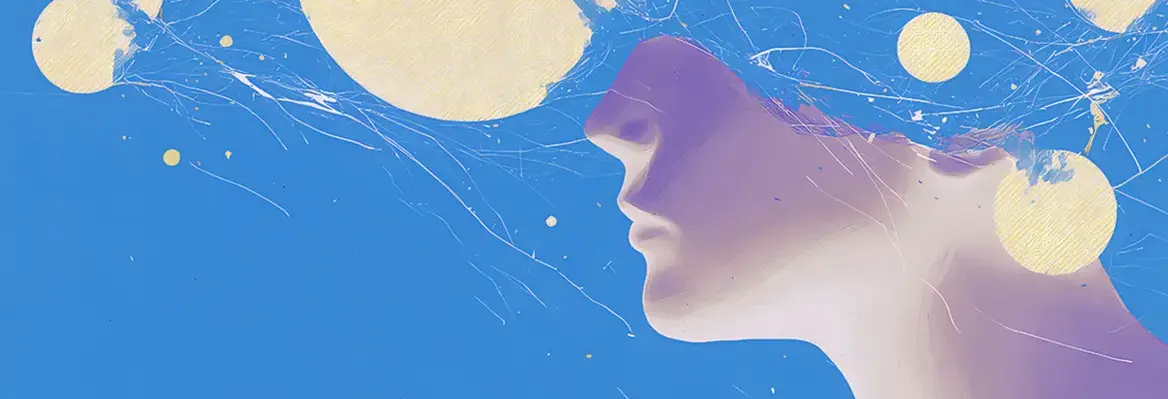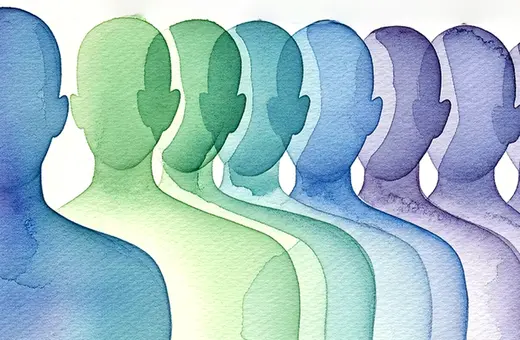When our memory begins to fail, it can erode the stories we share with those closest to us and profoundly change who we are. Neuroscientist and Alzheimer’s expert Michael Hornberger speaks to IAI’s Nina Lyon about what the study of memory can tell us about our sense of self, and how the unreliability of memory can lead us to create so-called truths that may not be quite as accurate as we believe.
What is a memory?
When we talk about memories, we usually refer to memories of events – what we call episodic memories that we can pinpoint to a certain time and place. There are other types of memories too, such semantic memories that store factual information and procedural memories about how to do things like cycling. With episodic memories, information is encoded like a trace in the brain, and if that's done in a complete enough way, we can then recall it and relive an event almost as if we were there, essentially in front of our inner eye.
How are memories encoded neurologically?
We still don't know exactly how memory works, but what we do know is that there's one region of the brain which is important for memory formation called the hippocampus. As a species, we humans are very visually driven, and the hippocampus integrates this visual information along with other sensory inputs like smell, situating them in time and space. The hippocampus seems to create a memory trace, and when we try to recall that memory, this trace is reactivated to find all the information about that event and bring it together.
There are two main competing theories about how this happens. One is that the hippocampus creates the neuron activity which stores the actual information of the memories. The other is that the hippocampus creates indices to find the neurons that store that information somewhere else in the brain. Either way, it's about neuronal representation – ensembles of neurons that fire together to recreate the stored information.
SUGGESTED VIEWING Memory and the Self With Mark Rowlands
Why are our memories rooted in specific points in space and time?
The hippocampus is a region which is very important for our space perception, and it's also the timekeeper of the brain, helping us organise the sequence of events in our memories. How it exactly does this isn't actually understood. But it makes perfect sense, evolutionarily, that where things like food and shelter are and what happens in those places is really critical information for events in our life – being able to bring that information back is really helpful to us. I think that's why the whole memory system was based on this kind of information for us humans. Maybe for other species it's other information – there's good evidence that some other species use completely different information for their memories.
Is there something about the structure of our cognition, in terms of how we map out information conceptually in our minds, that has emerged from the way memory is structured in the hippocampus?
I think that’s a great question – does our brain structure determine our cognition or do our experiences determine how the brain structure developed? It's kind of a chicken and egg problem, but I believe that it's actually evolutionary. It makes more sense that our brain’s structure determines how we actually define things, how we experience memory, and what memories are.






















Join the conversation